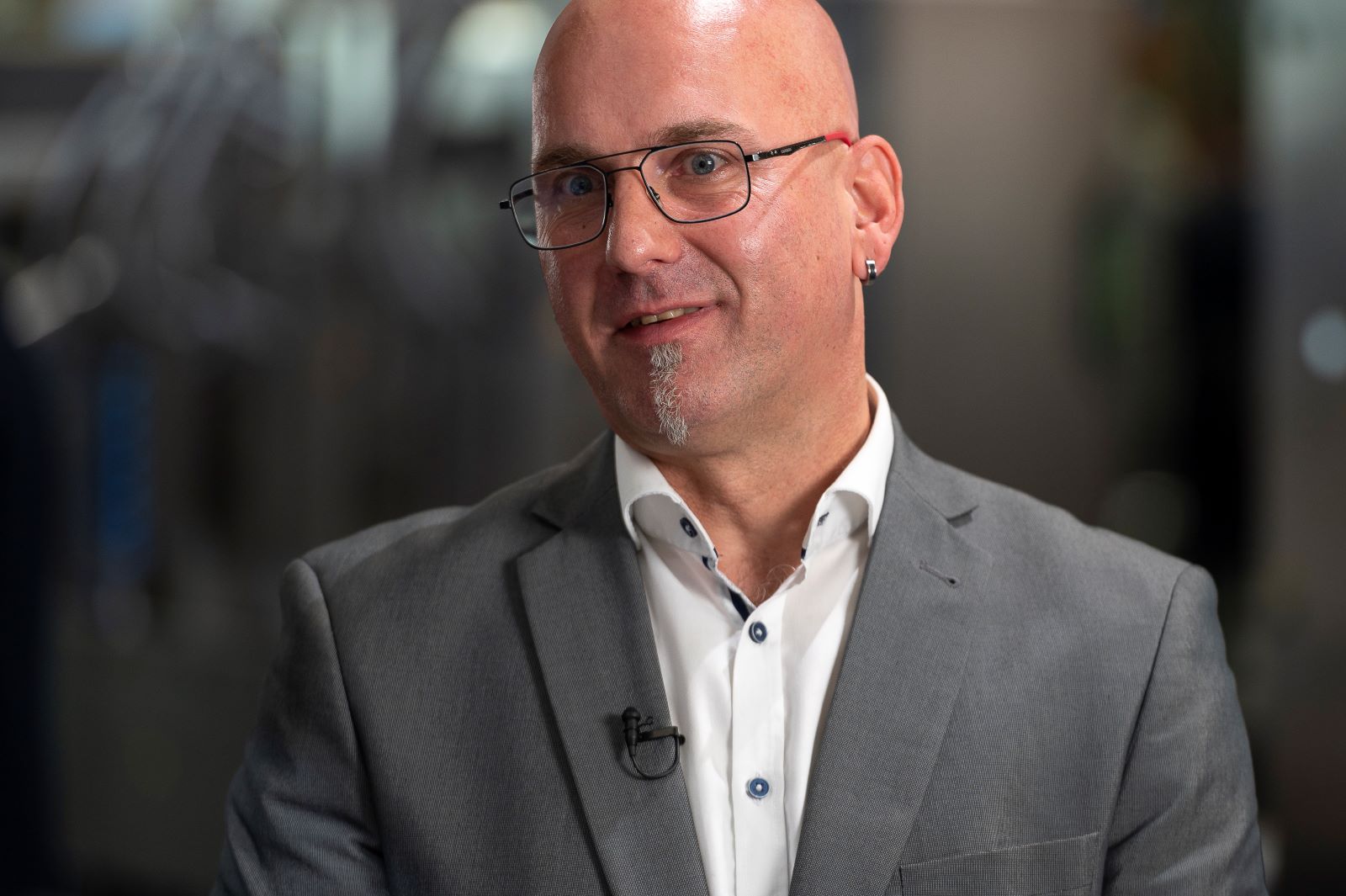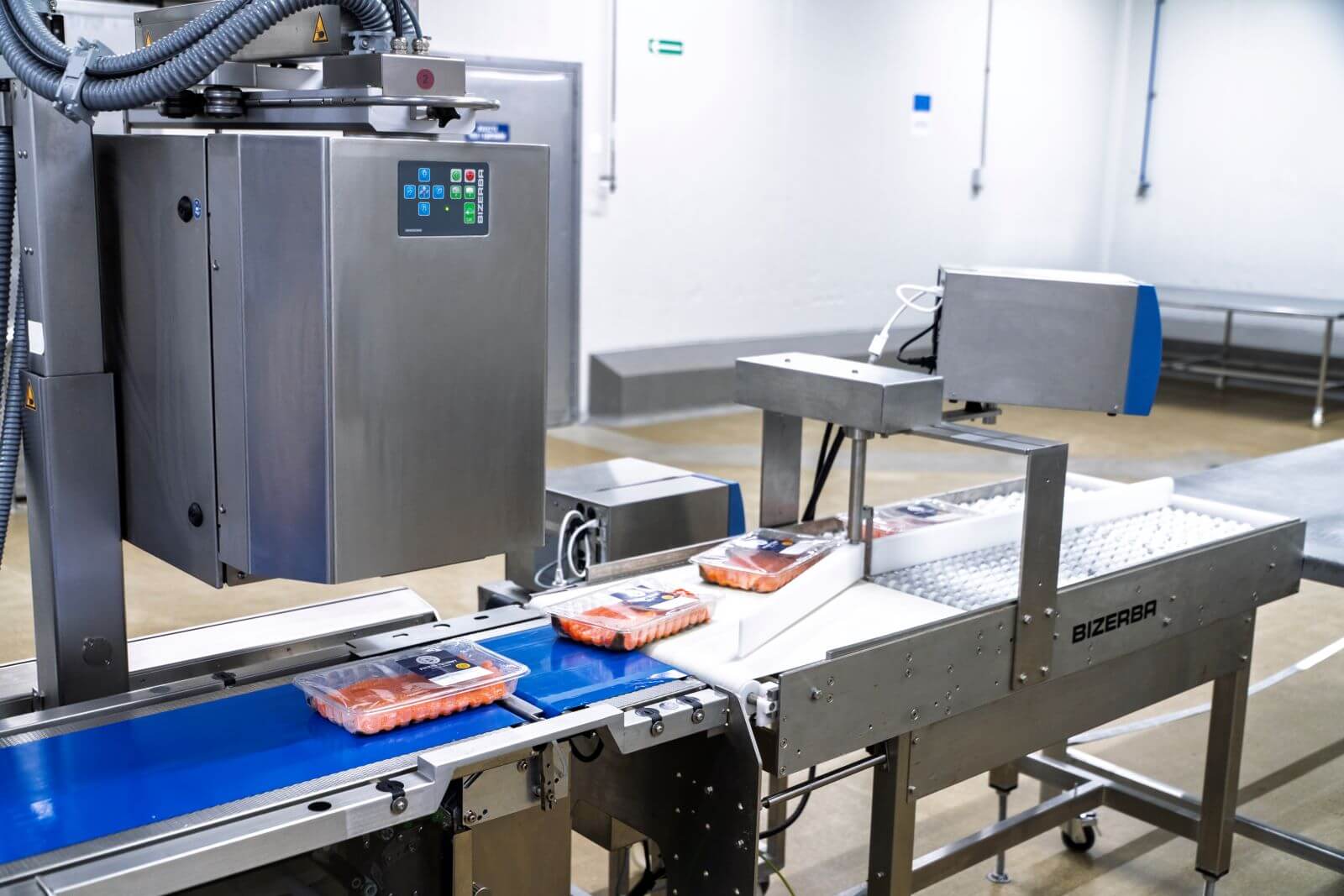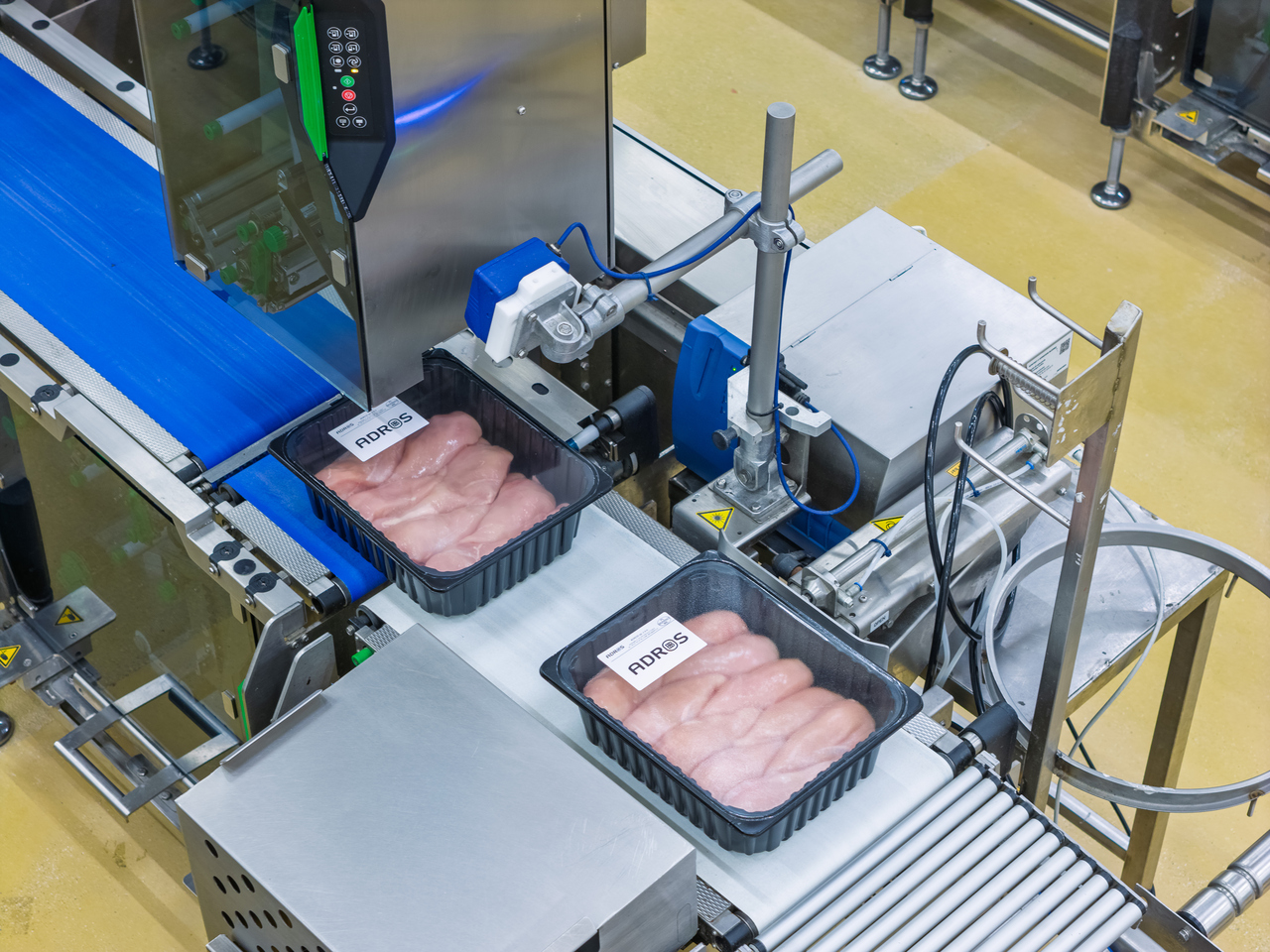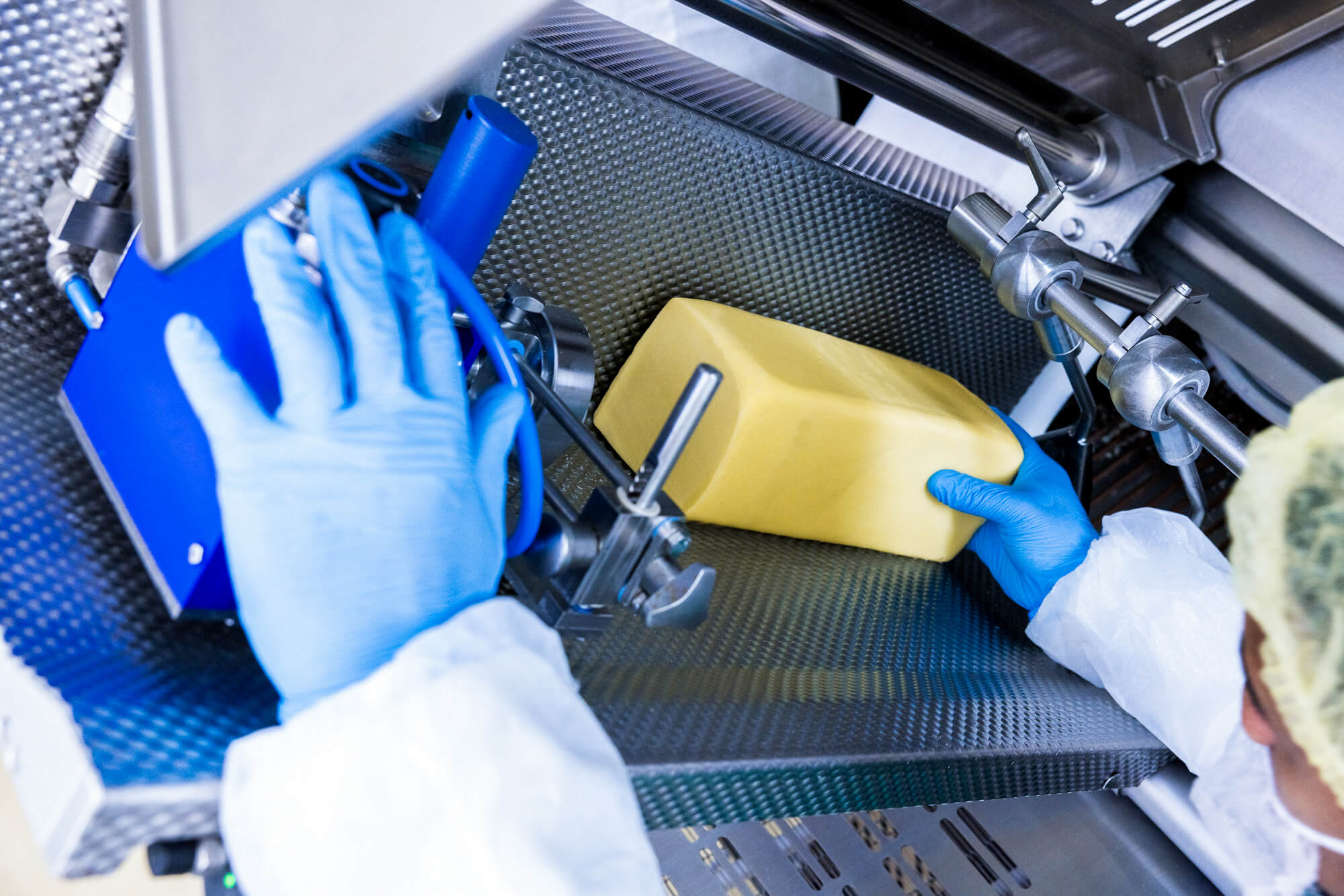More efficiency thanks to hygienic design

In industry—whether in the production of fresh food or in sectors such as chemicals, pharmaceuticals, or logistics—contamination is a recurring problem. Material often accumulates in the weighing pit. This is unavoidable, so it must be possible to clean the scale as efficiently and reliably as possible.
The iL F3000 has a very open and accessible design, which allows for much easier and more thorough cleaning. This is especially important because The iL F3000's accessible design makes cleaning much easier and more thorough. This is particularly important when using high-pressure cleaners and high temperatures. The scale is built to withstand these conditions while continuing to deliver reliable performance.
Sure. The load cells are mounted within the frame profiles and the cable bushings are watertight. This protects sensitive components from water and cleaning agents. It also minimises the risk of damage, which in turn lowers maintenance needs.
The open construction doesn’t just help with cleaning—it also makes servicing much easier. If a load cell needs to be replaced, for example, it can be done more quickly and with less effort. That reduces downtime and makes maintenance more efficient.
Exactly. The benefits go beyond cleaning. It’s about durability, serviceability and reliable performance in demanding environments. That’s why hygienic design is no longer optional—it’s essential.
Sounds good?
Your message is on it’s way
The form was sent successfully
Oops, something went wrong here
An error occurred when sending the form. Please try again





